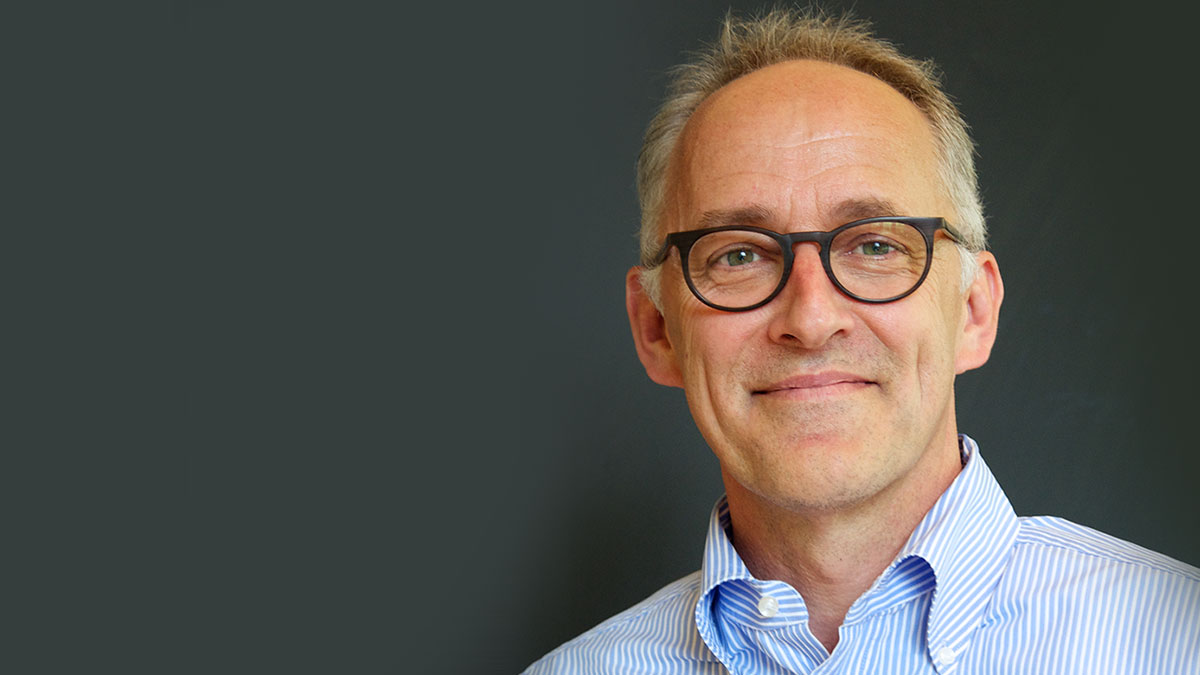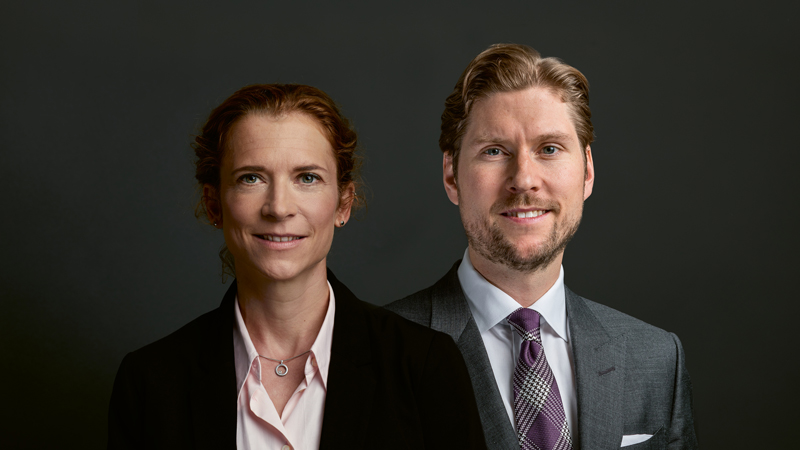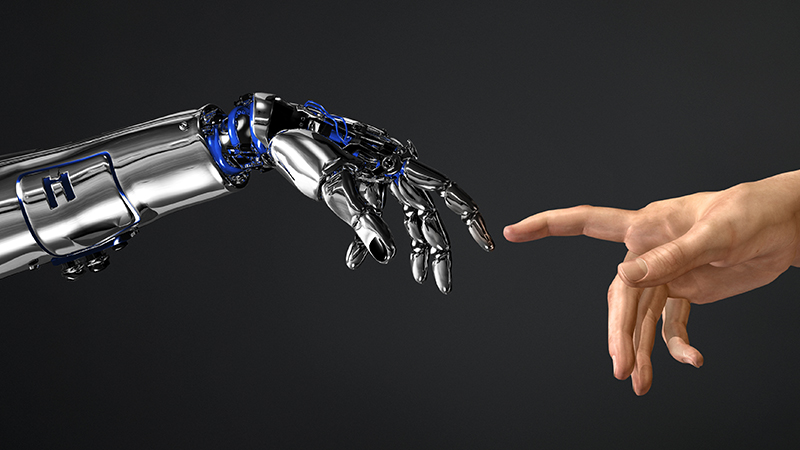Museums in transition: analogue history in a digital future
An interview with Dr. Andreas Spillmann, Director of the Swiss National Museum
The digital society has developed an ambiguous relationship to its history: On the one hand, historical facts are available everywhere and at any time. On the other hand, everything and nothing can become fact – provided that it can be "Googled". In this never-ending balancing act between offline and online, between real and fake, the concept of a museum takes on a new meaning.

Andreas Spillmann, Director of the Swiss National Museum since it was established in 2011. © Photo: Swiss National Museum
The Landesmuseum Zürich is the most visited cultural history museum in Switzerland. It has been operating under the umbrella of the Swiss National Museum since 2011 and has a clear, legally defined mandate, namely to present Switzerland's history, to examine Switzerland's identity, and to advise and provide technical support to other Swiss museums and collections. It is thus a place where history is not simply collected, but is given social meaning.
But how does a museum make the leap today from silently collecting artifacts to exhibiting them as living things? Today, when people usually experience history on their phones instead of visiting it inside venerable old walls? In this Vontobel interview, Andreas Spillmann gives us a look behind the scenes, explaining the role of digitization in the Landesmuseum. What does it take for a museum to become a crowd pleaser despite (or better yet) thanks to digital technology?
Dr. Spillmann, in the age of Google, Wikipedia and the like, do we still need museums?
Absolutely! Museums are places where the past is rendered visible. But they are also centers of excellence, where we decide on the precious items to be collected for future generations.
What is your personal view of history?
It’s the past that largely determines how our world looks today. But beyond this, history also inspires my imagination.
Speaking of imagination: Are you apprehensive that in order to stimulate the imagination of future museum visitors, you will have to rely on smart phones and virtual reality goggles when they come to the museum?
I don’t think that will be the case. If you look at a 500-year-old sword and understand that with this weapon a decisive battle was won or lost, then that object has a very special and unique aura. If that were not true, the entire cultural and art market would no longer function.
You are currently planning the new exhibition for Swiss history. How do you prepare yourself for a thoroughly digitized generation, and how can you benefit from this trend?
Museums can’t shut themselves off from the digitization of society. In that respect we are hardly different from any other organization. Physical objects occupy the main role in our exhibitions. However, these objects are being supplemented with digital content. The digital world makes it possible for museums to show more and convey additional information in a limited space and in various formats, such as audio, video, image, animation and text.
Do you take inspiration from other museums as well?
We are not so much guided by individual museums as by trends. Museums in the English-speaking world are leaders in terms of digitization, so we are happy to look towards the United Kingdom and the United States for inspiration.
How do you ensure that the Swiss National Museum keeps up with the times?
On the one hand, we invest in the exhibitions that we are outfitting with interactive devices, and on the other hand, we rely heavily on the distribution of content via social media. In addition, we are putting our collection inventories online, making them accessible anytime and anywhere. Currently there are over 60,000 images of 40,000 different objects in the online collection. Every month we add around a thousand new images.
Where do you get the necessary inspiration for this?
Among the management of the Swiss National Museum, digitization is a permanent subject of discussion. However, impulses also come from our employees, who may have seen or heard something somewhere and propose it for our museum. It’s a fluid process – one that doesn’t depend on any organizational hierarchy.
Museums are experiencing a veritable boom – why is that? What is the fascination for the past in the modern, digitized world?
Maybe this fascination with museums is just due to people wanting to take a break from the digital world and confront the real world instead. To return to the example of the sword – five hundred years ago it was in the hands of a brave knight, who used it to defend his community. This stimulates the imagination of visitors and motivates them to create a “movie in their head”. In this sense, museums offer stories without any limits.
What are the specific challenges of digitization in the field of museums?
In my opinion, the greatest challenge lies in getting people to change the way they think. Learning and applying a new technique is possible at any time and at almost any age. However, if someone has successfully been doing things a certain way for some 30 years, it takes a lot of persuading to get them to take a new path.
About Andreas Spillmann
Dr. Andreas Spillmann has been the Director of the Swiss Landesmuseum since 2006, and in 2011 he took over the management of the newly founded Swiss National Museum, which includes the Landesmuseum, the museums in the Château de Prangins, the Swiss History Forum in Schwyz and the collections center in Affoltern am Albis. Previously Spillmann, a doctorate in economics, made a name for himself as the cultural director of the city of Basel and commercial director of the Schauspielhaus Zurich, the city’s most important theater.
Vontobel is a partner of the Landesmuseum Zurich and is involved in projects such as the "History Lab" for young people.
More about this partnership
More on Vontobel's diverse social engagements in the area of society, culture and politics:
All of our engagements at a glance
Who are we? How do we live today? And how will digitization change our lives? How the future will unfold is preoccupying society more than ever, with engineers, doctors, politicians – each one of us, in fact – seeking answers. This interview with Dr. Andreas Spillmann is one of many contributions that shed light on the theme "Digitized Society" from a new, inspiring perspective. We are publishing them here as part of our series "Impact".








